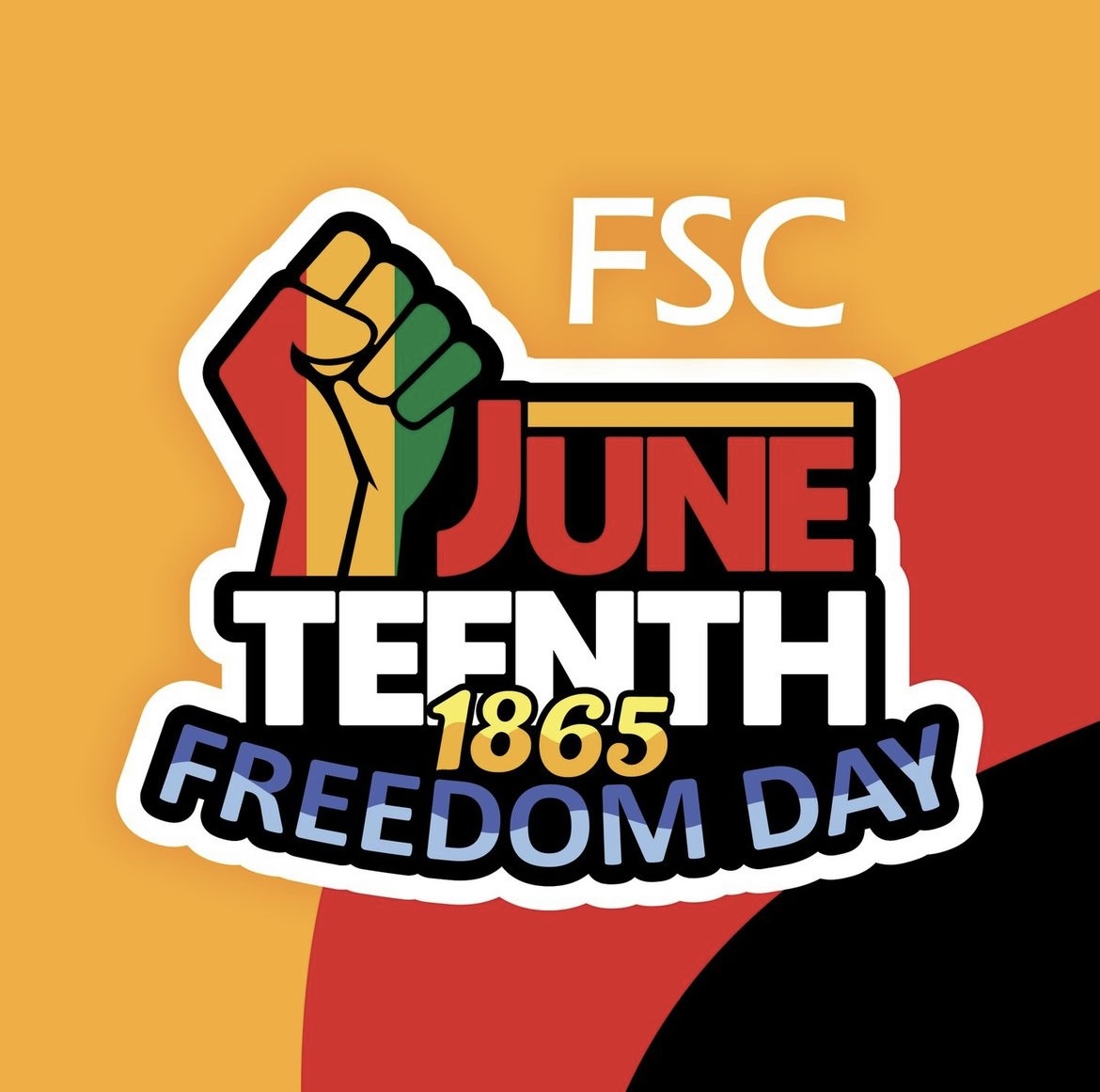"Freedom is never voluntarily given by the oppressor; it must be demanded by the oppressed.” – Dr. Martin Luther King, Jr.
Juneteenth, also known as Freedom Day, Jubilee Day, and Emancipation Day, is an annual holiday commemorating the end of slavery in the United States. It acknowledges and honors the history and experiences of enslaved African Americans. Furthermore, it encourages discussions around intersectionality and the continued challenges they face.
June 19. 1865 signifies the day when Union General, Gordan Granger arrived in Galveston, Texas, and announced the freedom of enslaved people, effectively enforcing the Emancipation Proclamation, issued by President Abraham Lincoln on January 1, 1863. This day, is considered the oldest nationally revered commemoration of the ending of slavery in the U.S..
According to The Harvard Gazette, Juneteenth is nationally recognized as a state holiday, however Washington D.C. efforts to make it a federal holiday have regretfully been unsuccessful. Over the past several years, Juneteenth has gained national attention. An increase in momentum demonstrates that people are beginning to acknowledge and understand the experiences and struggles associated with the legacy of Juneteenth.
In an effort to educate, serve, and honor Juneteenth, advocacy is a profound method to address current racial inequalities and support initiatives that promote social justice. Participating in community events, reading literature by African American authors that focus on history, culture, and the experiences of Black Americans and watching educational documentaries and films that explore African American the significance of Juneteenth, is an exemplary way to deepen one's discernment and commitment to the value and eminence behind this significant date in history.
